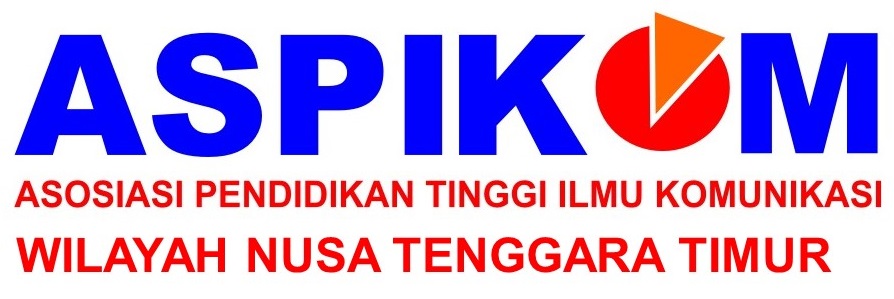Komunikasi Terapeutik Petugas Kesehatan dengan Pasien RSJ Naimata Kupang
Abstract
Abstract
Clarisha Windrati Suseno (1603050065) **, Therapeutic Communication Officer Health with Pasien (Case Study at Niamata Kupang Mental Hospital) supervised by Dr. Petrus A. Andung, S.Sos, M.Si and Ferly Tanggu Hana, S.Si, M.Comn. Consists of 178 pages. 18 Reference books, 5 journals and 8 internet sites.
Communication is almost a natural action that is not intentional for almost everyone. Therefore the function of its effectiveness can be ignored. Because communication is also an inseparable part of the world of health, intermediaries through doctors and nurses will always be in contact with patients. Hence effective communication skills will have a positive impact on the quality and outcome of health care for patients. This qualitative research aims to explore effective communication, how its relationships and influences for health and also to find ways to improve effective communication in health care settings in patients. The therapeutic communication concept also tries to highlight the importance of this communication concept, which is done through verbal or nonverbal communication and nurses consciously influence the patient or help the patient. Patients with mental disorders are a description of the syndrome with a variety of causes. Much is not yet known with certainty and the course of the disease is not always chronic. Generally characterized by fundamental deviations, the characteristics of thoughts and perceptions, and the presence of unnatural or blunt effects. Naimata Kupang Mental Hospital (Naimata Mental Hospital) is the only mental hospital in the Kupang City. Face to face communication is something that is often done by health staff at Naimita Mental Hospital with patients. Face-to-face communication (part of therapeutic) is more accurate for patient's healing process because in face-to-face communication the patient is more concerned and easier for therapist to see concepts in the patient and understand the problems that patient is experiencing. Hence this function can also encourage patients to express their feelings and ideas more clearly. There are various reactions to "therapeutic communication" because all patients are different in character, background, social status, culture, and so on.












 The articles in Jurnal Communio are licensed under a
The articles in Jurnal Communio are licensed under a 